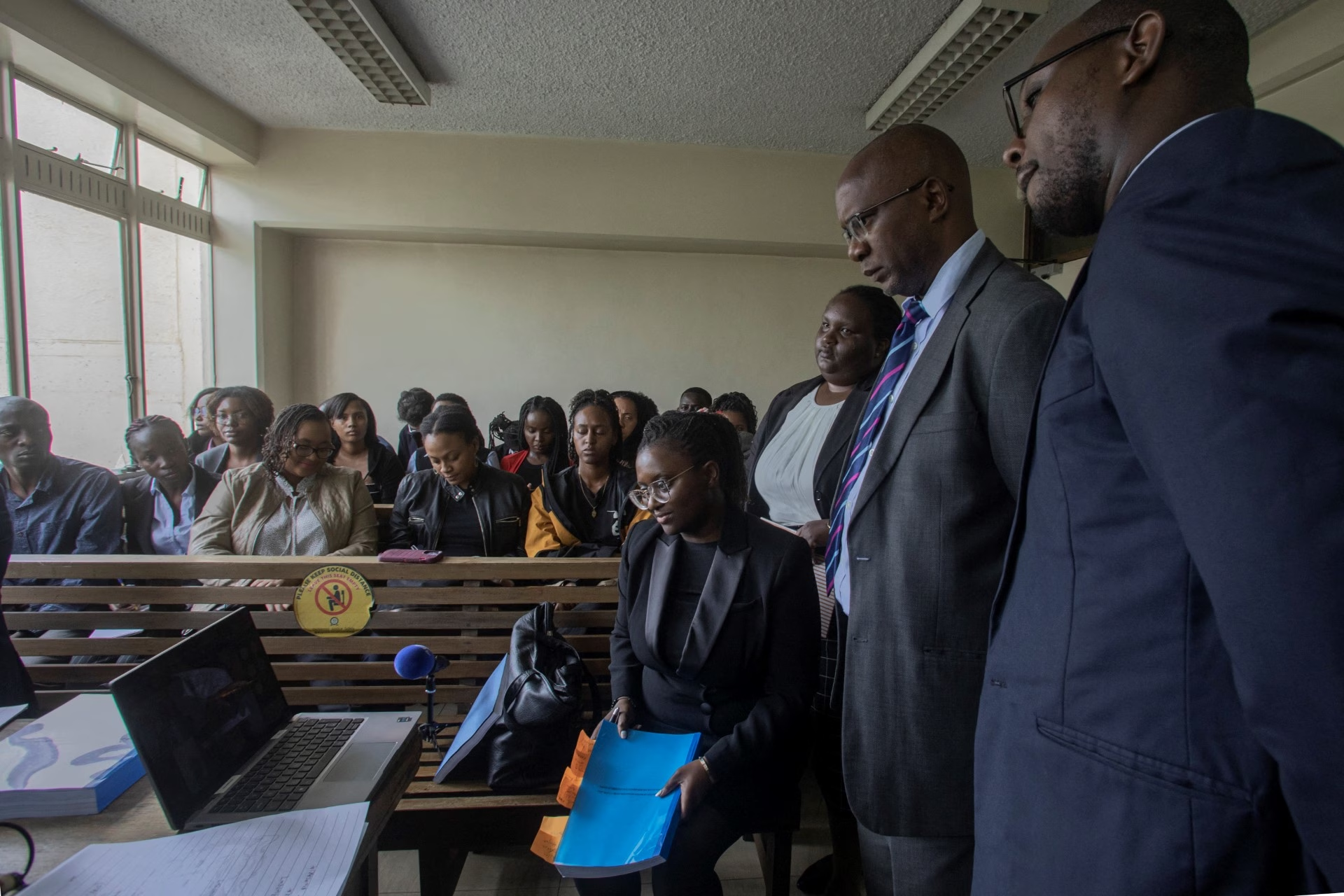In 2025, Meta, the world’s leading social media corporation, has shifted its stance regarding its accountability for real-world damages linked to its platforms. This adjustment is perceived as a strategy to gain favor with President Donald Trump’s administration. Zuckerberg intimated this consequence in a video from January 7, announcing the cessation of third-party fact-checking efforts. By insinuating his decisions have geopolitical implications, Zuckerberg gives a novel interpretation to product choices.
Meta and Zuckerberg rationalize the reduction in fact-checking and content regulation on platforms by appealing to the U.S. constitutional protection of free speech. However, individuals residing in nations targeted by Meta’s resistance ought to remember their own constitutions, a legacy enshrining fundamental human rights and freedoms, evolved as a response to violations experienced during colonial exploitation. Specifically, in Kenya, where I represent a collective of ex-Meta content moderators in a class-action lawsuit against the company, the post-independence constitution stands apart from those in the U.S. and Western Europe with its distinct emphasis on these human rights.
The Kenyan Court of Appeal’s groundbreaking decision in September allows these content moderators to sue Meta in labor courts for human rights abuses. The ruling, largely overlooked in the West, signifies Meta’s awareness of its importance, evidenced by its fierce opposition and efforts to use all available resources to Evade the demands for compensation from these content moderators. Meta’s legal team may yet appeal this decision to the Supreme Court.
With complex corporate frameworks, Meta and other major U.S. firms navigate operations across numerous nations in ways that circumvent taxes and legislations. They frequently assert non-operational status in countries where they have millions of users and employ hundreds, dodging both taxes and regulation. The content moderators’ legal case asserts they were hired by a BPO named Sama and exclusively worked as moderators for Facebook, Instagram, WhatsApp, and Messenger in Nairobi from 2019 to 2023. Meta disassociates itself from these workers, claiming employment exclusively by Sama, an issue presently under litigation in Kenyan courts.
The alleged disconnect in content moderation efforts fails to align with Meta’s professed dedication to curating safe user experiences. The trauma endured by content moderators, evidenced by over 140 PTSD, depression, or anxiety diagnoses, underscores their unrecognized efforts and mental health neglect. Their attempts to unionize were thwarted, leading to mass layoffs and relocation of content moderation operations. Meta denies responsibility, arguing it never employed these moderators, thus owing them no duty of care. The ongoing litigation involves disentangling the intricacies of employment relations.
While defending this case in court, Meta sought a partnership with Kenya’s government in March 2024, focusing on the “generative AI revolution”. Intense lobbying to shield Big Tech from legal implications surfaced, with Kenya’s parliament passing legislation guarding such companies from future litigation, which directly impacts our case. Despite this pandering to government powers and efforts to avoid scrutiny over labor practices and product implications, our case persists due to a legal system that upholds post-colonial constitutions’ emphasis on human rights above all.
As we advance our case in Kenya, we hope it serves as an inspirational model for tech workers in other post-colonial nations, enabling them to seek accountability in their countries of affliction. Freedom of expression is paramount; however, the rights to dignity and protection from exploitation hold equal importance.
*
The opinions conveyed in this piece are exclusively those of the author and do not necessarily reflect Al Jazeera’s editorial stance.
Source: https://www.aljazeera.com/opinions/2025/4/1/african-workers-are-taking-on-meta-and-the-world-should-pay-attention?traffic_source=rss







